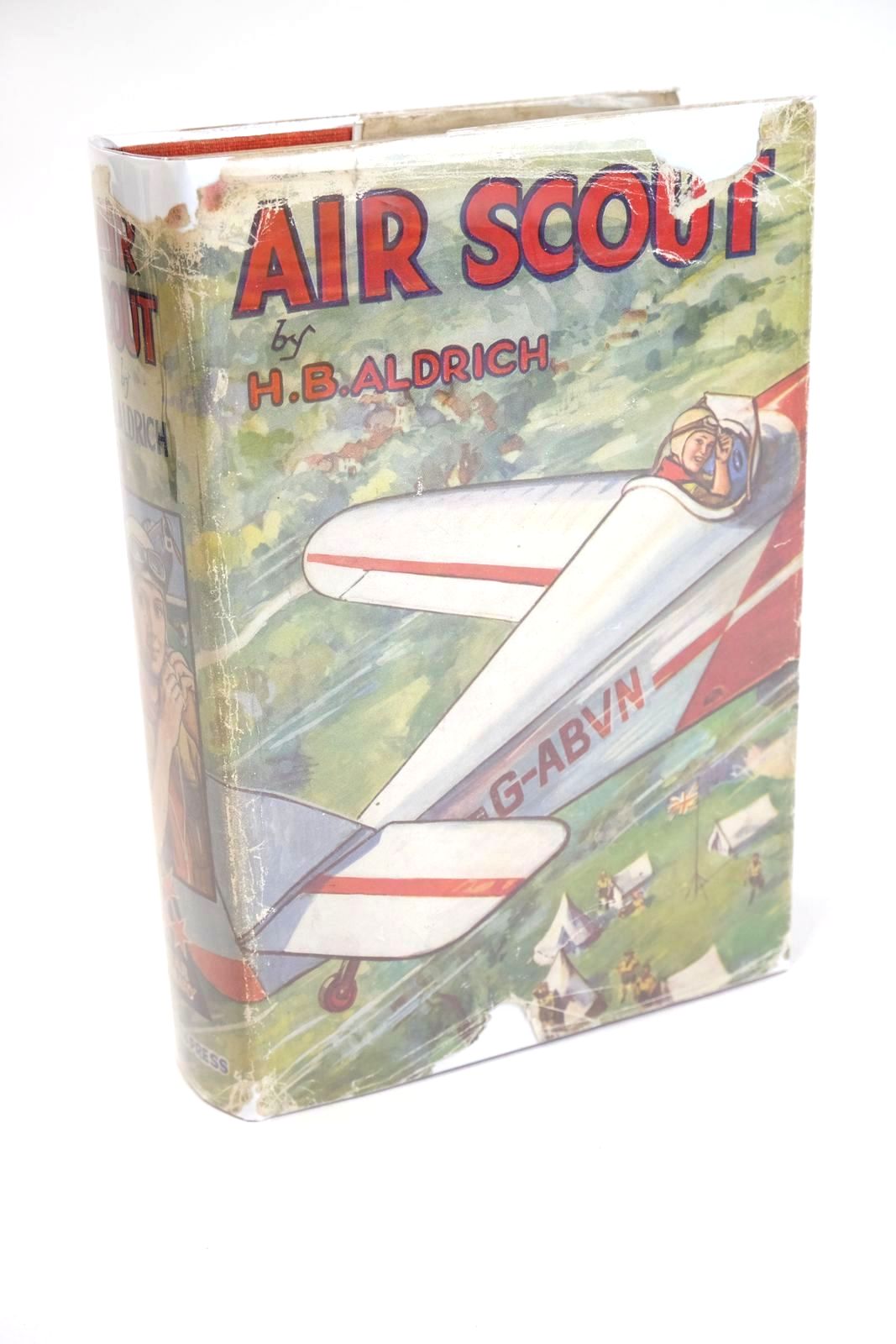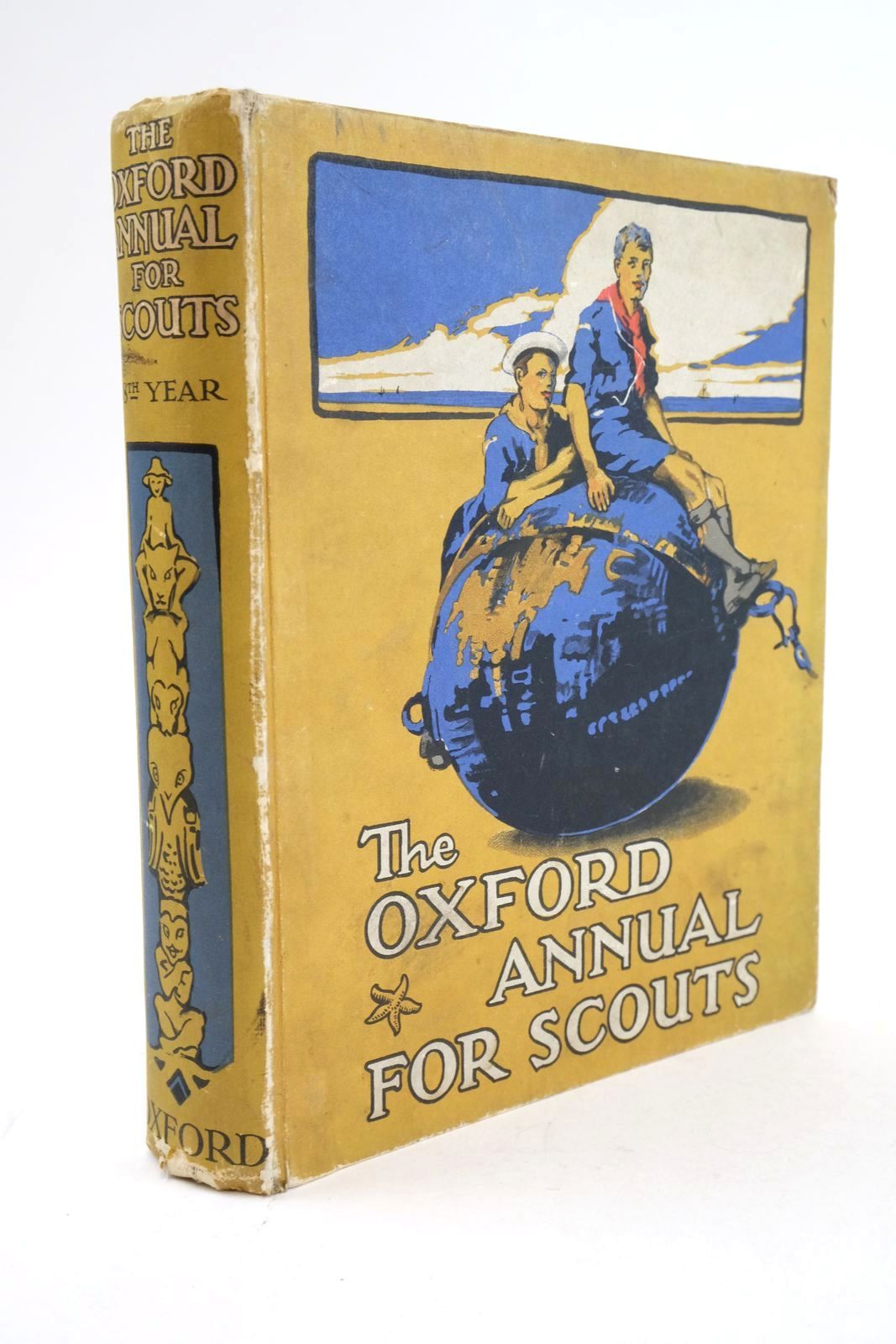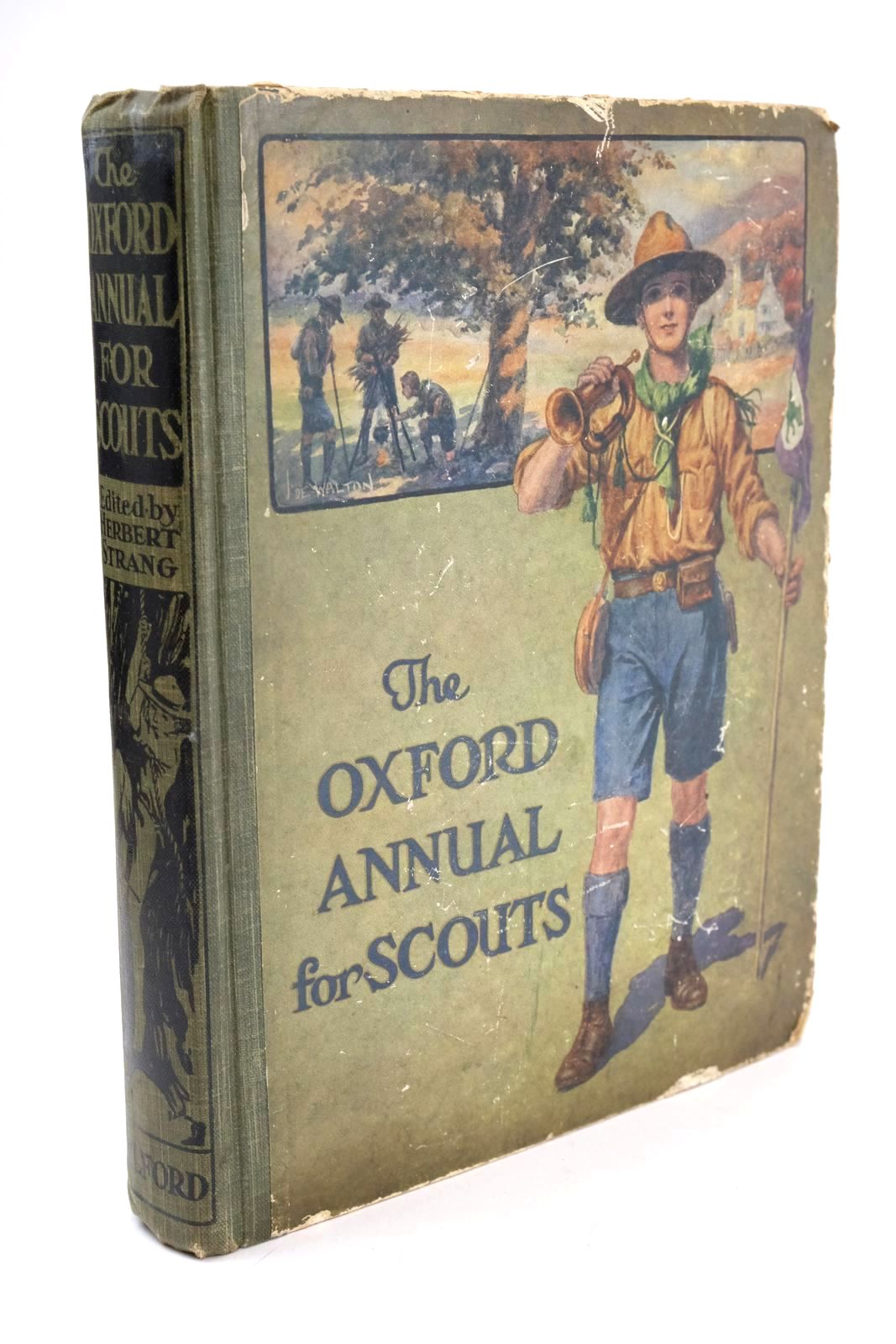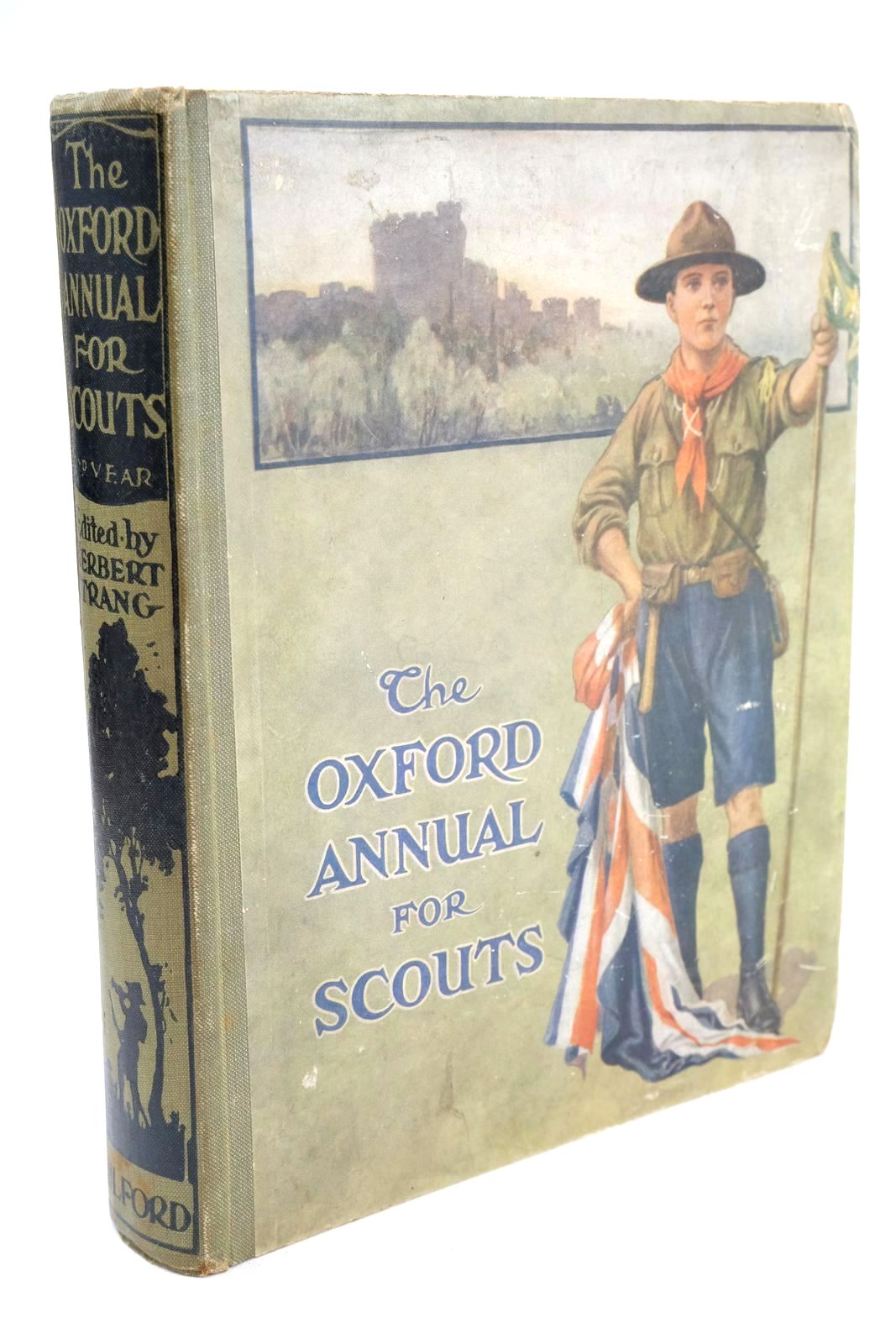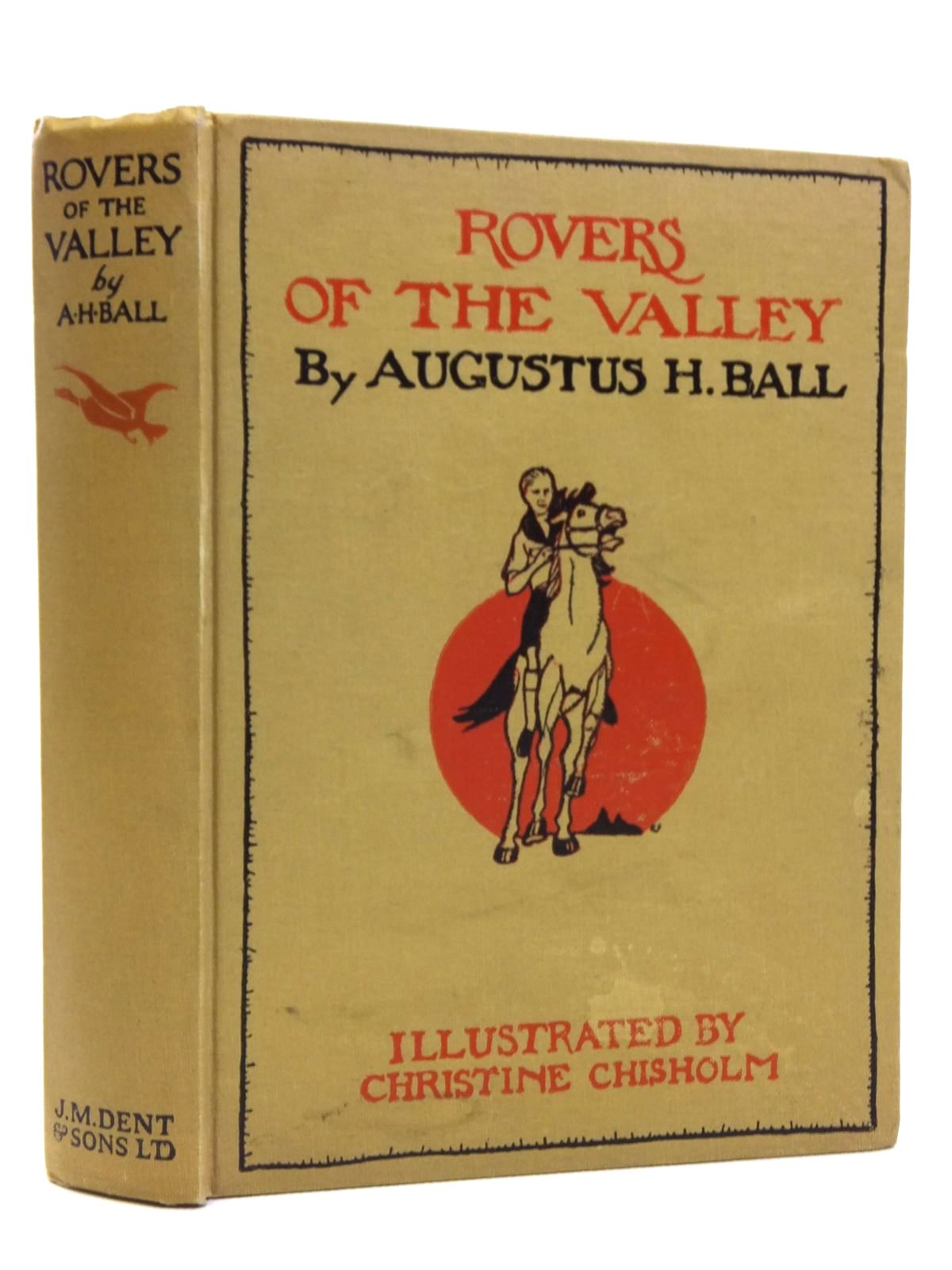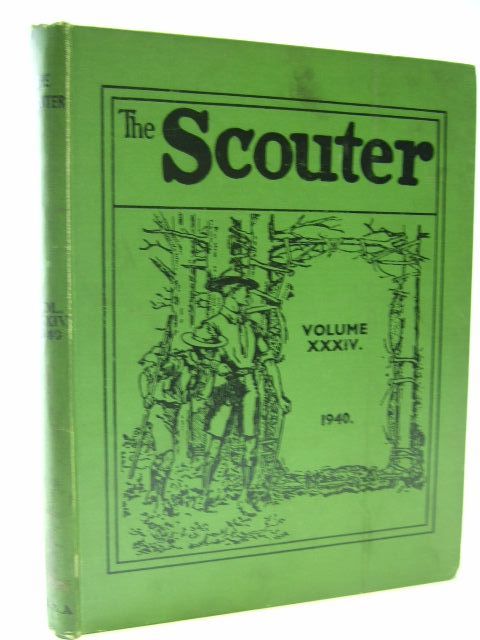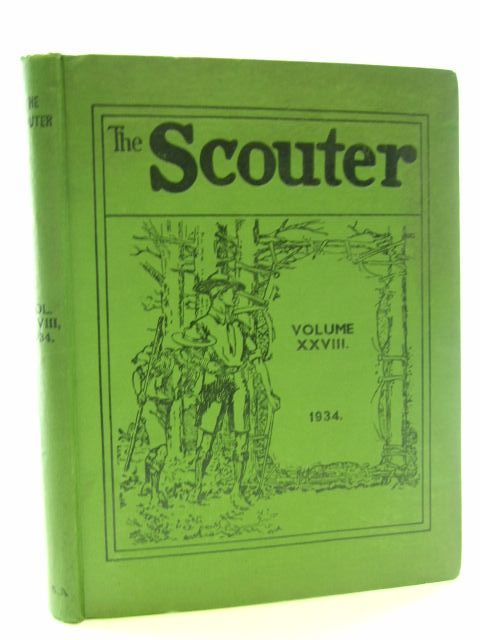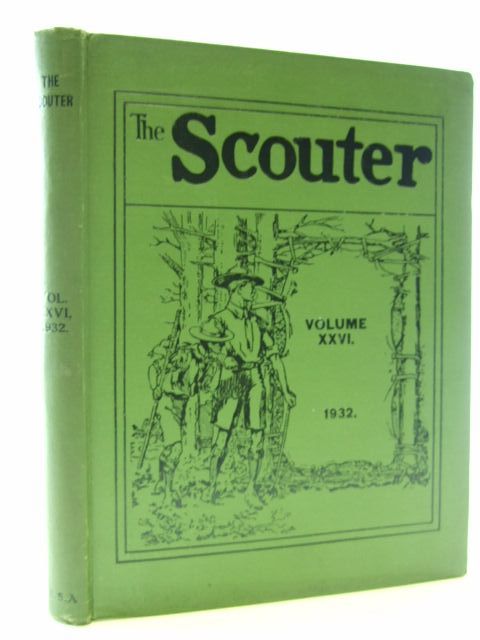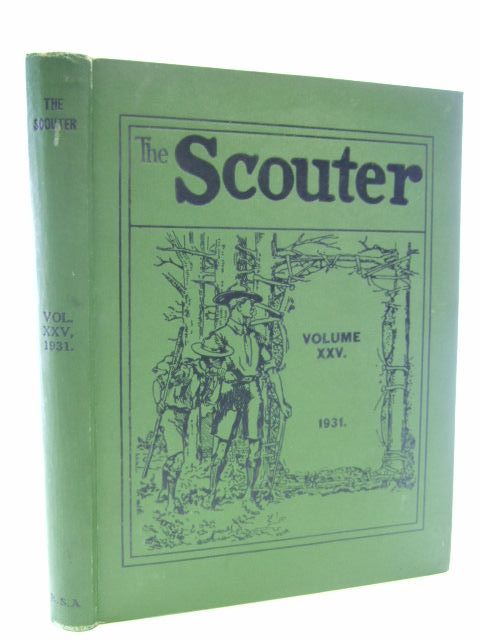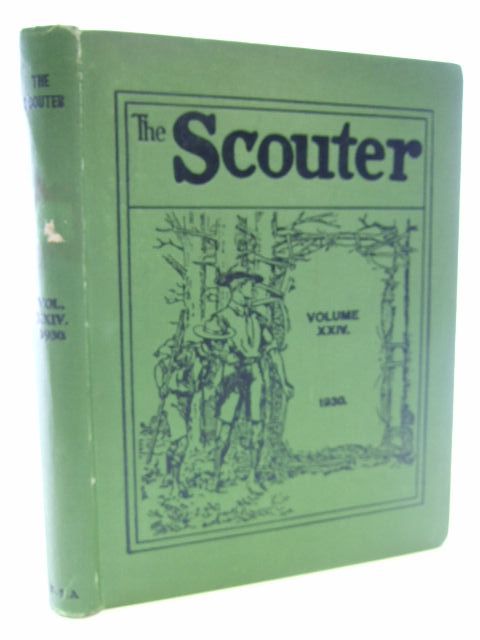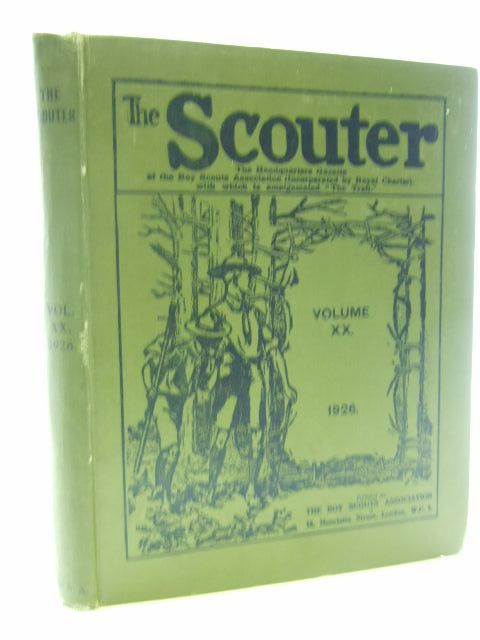dyb dyb dyb
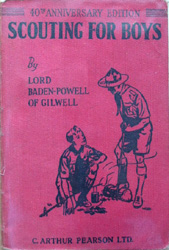 Although the butt of many jokes Dyb Dyb Dyb and Woggles were for millions of us all part of that great life that was and is the Boy Scouts.
Although the butt of many jokes Dyb Dyb Dyb and Woggles were for millions of us all part of that great life that was and is the Boy Scouts.
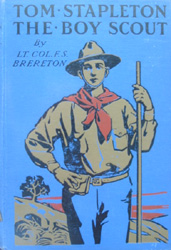 2007 marks the 100th anniversary of the founding of the Boys Scouts movement by Lord Robert Baden-Powell (BP). It started with a camp for boys from mixed social backgrounds on Brownsea Island to which Baden-Powell had been a frequent visitor as a guest of the Van Raalte family who owned the island. Although this camp in August 1907 is seen as the formal start of the movement it was in fact the culmination of several years of thinking and absorption of ideas from other people and groups. The Boys Brigade and author/naturalist Ernest Thompson Seton contributed but there's no doubt the main ideas came from BP's experience in the Boer war where he used young cadets as messengers during the siege of Mafeking .
2007 marks the 100th anniversary of the founding of the Boys Scouts movement by Lord Robert Baden-Powell (BP). It started with a camp for boys from mixed social backgrounds on Brownsea Island to which Baden-Powell had been a frequent visitor as a guest of the Van Raalte family who owned the island. Although this camp in August 1907 is seen as the formal start of the movement it was in fact the culmination of several years of thinking and absorption of ideas from other people and groups. The Boys Brigade and author/naturalist Ernest Thompson Seton contributed but there's no doubt the main ideas came from BP's experience in the Boer war where he used young cadets as messengers during the siege of Mafeking .
A key idea was the idea of a Patrol with each Patrol being an independent team. (It is interesting to compare this 1907 idea for boys with the emphasis on Teams and the deployment of decision making in modern business!). The publication in 1908 of Scouting for Boys written by BP sparked a wildfire of interest in Scouting with boys forming Patrols on their own initiative.
And how the movement grew. Initially Scouting was for boys aged 11-18 but this was expanded in 1916 to include Wolf Cubs for 7 to 10 year old boys and BP turned to his friend Rudyard Kipling for the theme of The Jungle Book as the framework for Wolf Cubs with Akela as the leader of the pack.
(On a personal note as a Wolf Cub in the 1950's I still see my Akela from those days)
Scouting also expanded rapidly internationally with more than 20 countries having Scout troops by 1910. The 1910 rally at Crystal Palace had 10,000 boys and a few girls.
The other area of expansion was the formation in 1910 of the Girl Guides under the leadership initially of Agnes Baden-Powell (BP's sister), later to led by his wife Olave. In 1914 Agnes founded the Rosebuds for younger girls later to become the Brownies.
Sea Scouts, Air Scouts, Rovers (later Venture Scouts) were all part of the huge growth and, certainly in Great Britain, these groups contributed actively during the two world wars in activities such as coast-watching and fire-fighting.
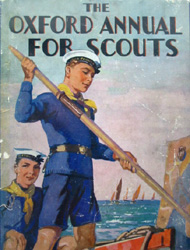
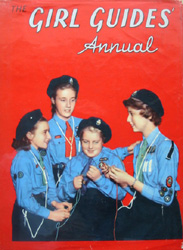
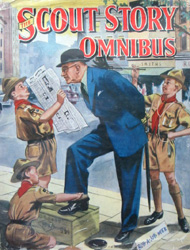
Scouting emphasised practical skills learned in groups (Patrols) with testing in competence to win badges. Scouting introduced many of us to a life long interest in hiking, camping and outdoor pursuits but it also emphasised social responsibility (doing a Good Turn every day) enshrined in the Scout Law. The Law although now modified by each country and modernised still contains the essence of what was in the original BP version. Key themes were and are Trustworthiness, Loyalty, Being Useful, Friendship, Courtesy, Friend to Animals, Smiles and Whistles under adversity.
Dyb, Dyb Dyb Dob Dob Dob
(Do Your Best , Do Our Best)
Contributed by Cliff Tomaszewski.
(Published on 29th Oct 2014 )


